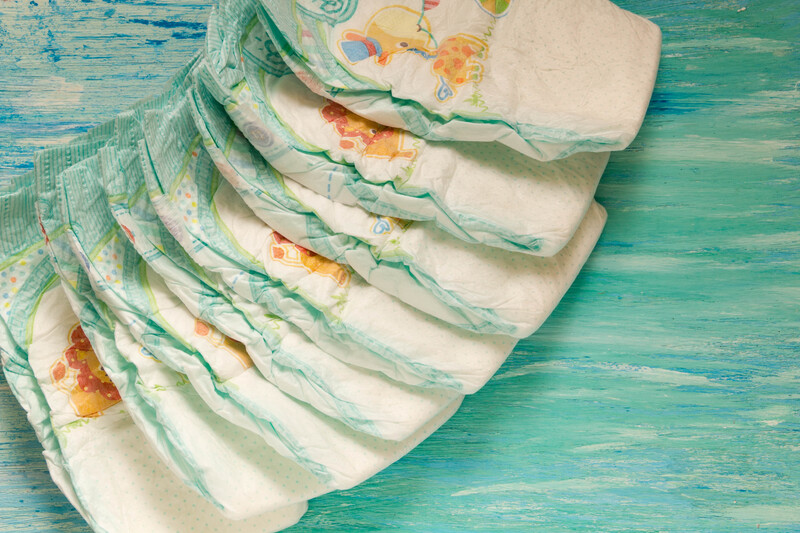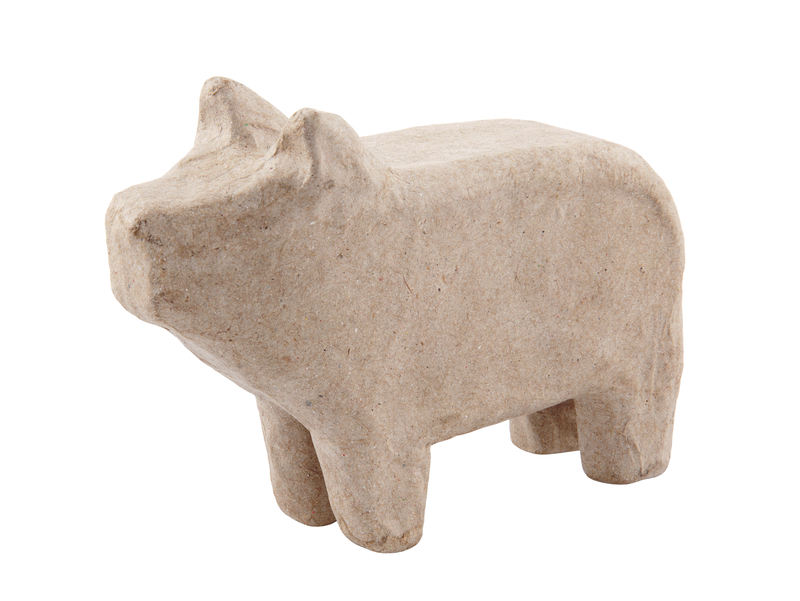Tackling the Clutter: Understanding the Difficulty of DIY Decluttering
Posted on 31/05/2024
We've all been there - staring at that overflowing closet, dreading the thought of having to declutter and organize it. The task seems daunting, overwhelming, and downright difficult. Despite our best intentions, many of us struggle with decluttering our homes and living spaces. This difficulty is often magnified when we try to tackle the clutter on our own, without professional help.
So why is DIY decluttering so challenging? In this article, we'll explore the reasons behind this difficulty and offer tips and takeaways for successfully tackling the clutter in your home.
The Psychology Behind Clutter
Before diving into the difficulties of DIY decluttering, it's important to understand the psychology behind clutter. Our possessions hold emotional and sentimental value for us, making it hard to let go of them. We tend to attach memories and emotions to physical objects, which can create a sense of guilt or anxiety when we consider throwing them away. Additionally, clutter can also provide a false sense of security and comfort - even though we know deep down that it's causing stress and chaos in our lives.
Furthermore, decluttering requires making decisions about each item - keep, donate, or throw away - which can be mentally draining. This decision-making process can feel overwhelming, resulting in avoidance and procrastination.

The Pitfalls of DIY Decluttering
One of the main reasons why DIY decluttering is so difficult is because we underestimate how much time and effort it actually takes. We often have unrealistic expectations about how quickly we can declutter our space, leading to frustration and disappointment when it doesn't happen as smoothly as we thought.
Moreover, without proper knowledge or guidance, we may not have an effective plan in place for decluttering. This can lead to starting in one area and getting sidetracked by another, resulting in a disorganized mess and a feeling of defeat. We may also lack the skills and knowledge to properly organize our belongings, which can lead to clutter returning to our space in no time.
Tips for Successful DIY Decluttering
While it may seem daunting, there are ways to make DIY decluttering more manageable and successful. Here are some tips to keep in mind:
1. Start small: Instead of tackling your entire home at once, start with one room or one area at a time. This will help prevent feeling overwhelmed and ensure that you stay focused on the task at hand.
2. Set realistic goals: Be honest with yourself about how much you can realistically achieve in a specific amount of time. Set achievable goals to prevent disappointment and frustration.
3. Sort items into categories: Creating categories such as keep, donate, and throw away can make decision-making easier. It can also help you see the bigger picture of what you own and what you truly value.
4. Utilize storage solutions: Investing in storage solutions such as bins, baskets, and shelves can help keep your space organized. Make sure to label everything for easy access and maintenance.
5. Take breaks: Decluttering can be mentally and physically exhausting, so make sure to take breaks when needed. This will prevent burnout and allow you to come back to the task with fresh energy and focus.
The Pros and Cons of DIY Decluttering
As with any task we undertake on our own, there are both pros and cons to DIY decluttering.
Pros:
1. Cost-effective: Hiring a professional organizer or decluttering service can be expensive, making DIY decluttering a more budget-friendly option.
2. Personal touch: You know your possessions best, so you have control over what stays and what goes.
3 Generate satisfaction: Successfully decluttering your space can bring a sense of accomplishment and satisfaction.
Cons:
1. Time-consuming: DIY decluttering can be a time-consuming process, especially if you have a large amount of clutter to tackle.
2. Lack of expertise: Without professional guidance, you may not know the most efficient and effective ways to declutter and organize your space.
3. Emotional attachment: It can be challenging to let go of items that hold sentimental value, resulting in avoidant behavior.

Key Takeaways
1. Decluttering is often challenging due to the psychological attachments we have to our possessions.
2. DIY decluttering requires understanding the pitfalls and implementing strategies to make the process more manageable.
3. While there are benefits to DIY decluttering, it also has its drawbacks, such as being time-consuming and lacking expertise.
Conclusion
DIY decluttering may not be easy, but with the right mindset and approach, it can be a rewarding and valuable experience. By understanding the psychology behind clutter, recognizing the pitfalls of DIY decluttering, and following helpful tips and takeaways, you can successfully tackle the clutter in your home. Remember to start small, set realistic goals, and utilize storage solutions for an organized space that brings you peace of mind.
